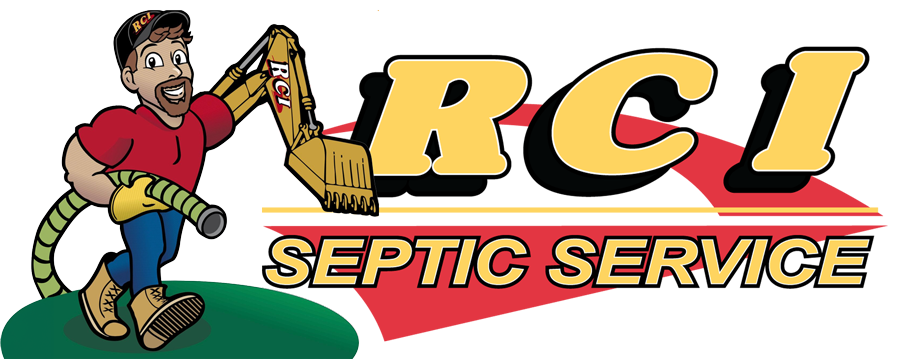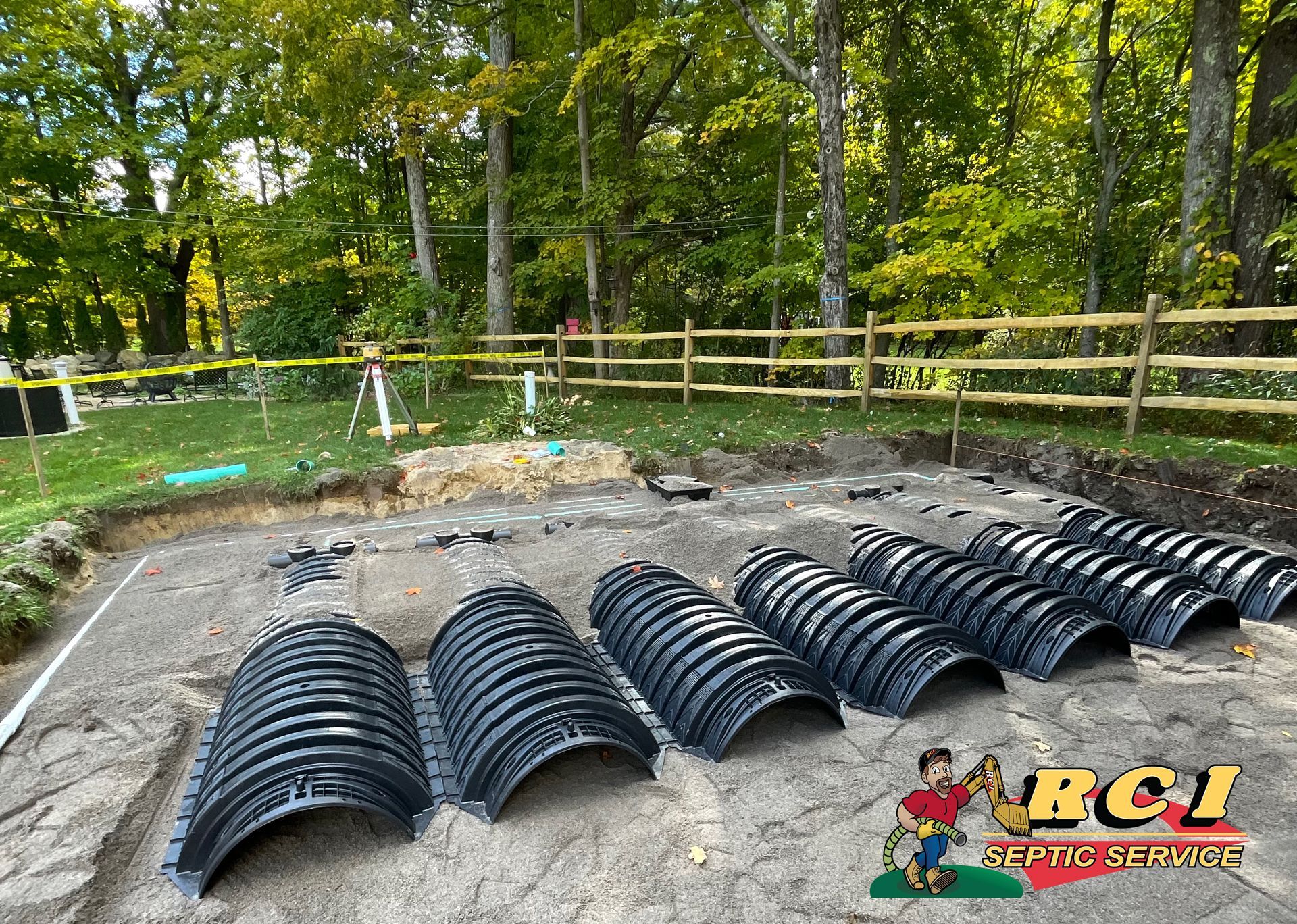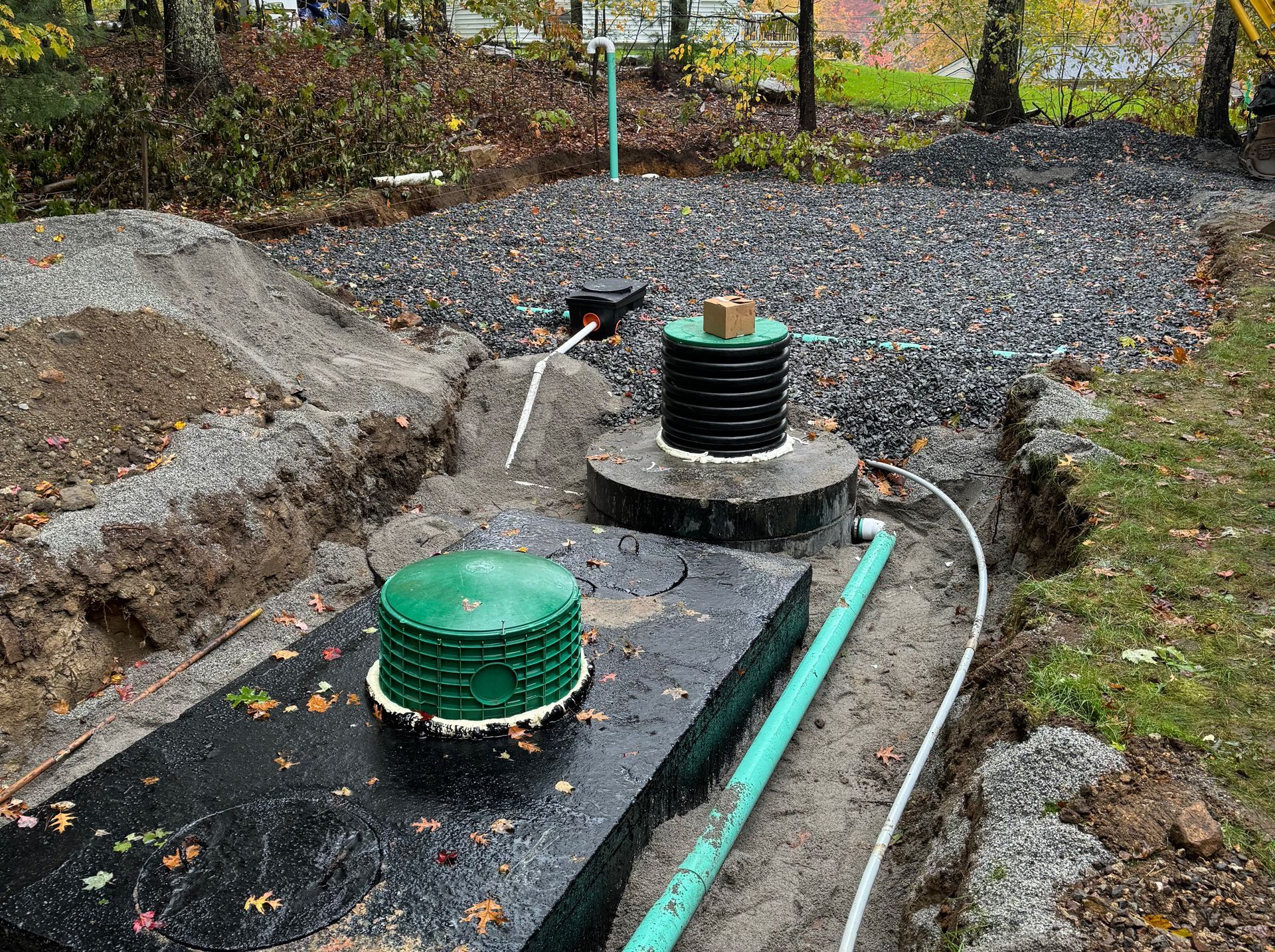Septic System Inspections
It is critical to assure a visual inspection of your septic system is done at every tank pumping or clean out. We recommend annual cleanouts for households of 5 or more, every other year for households of 3 to 4 and every three years for households of 1 to 2. Remember, regular checks help avoid system failure and costly repairs. Ensuring your septic system is regularly inspected is part of proper septic system maintenance to prolong its life and prevent septic system-related issues.
Inspect Your System
A visual septic system inspection at the time of tank pumping can identify potential issues before they become serious problems.
You should assure that only toilet paper and human waste are flushed in your toilets and that grease and other harmful things do not go down your sink drains. Household chemicals like gasoline, oil, pesticides, paint, and antifreeze can harm your septic system, leading to expensive fixes if not caught early.
Inspect and Pump Frequently
Most septic tanks require pumping every one to three years, depending on usage and household size. However, visual inspection and pumping are crucial to maintaining your system's health, especially if your home has a large family or a garbage disposal, which increases the amount of household waste processed.
Can I Inspect My Septic Tank Myself?
While basic visual checks can be done by homeowners, such as checking for sewer odors or septic pump alarms (if your system has a pump), a visual inspection should always be conducted by a septic service professional. They have the knowledge to assess all components properly, including the drainfield and tank condition.
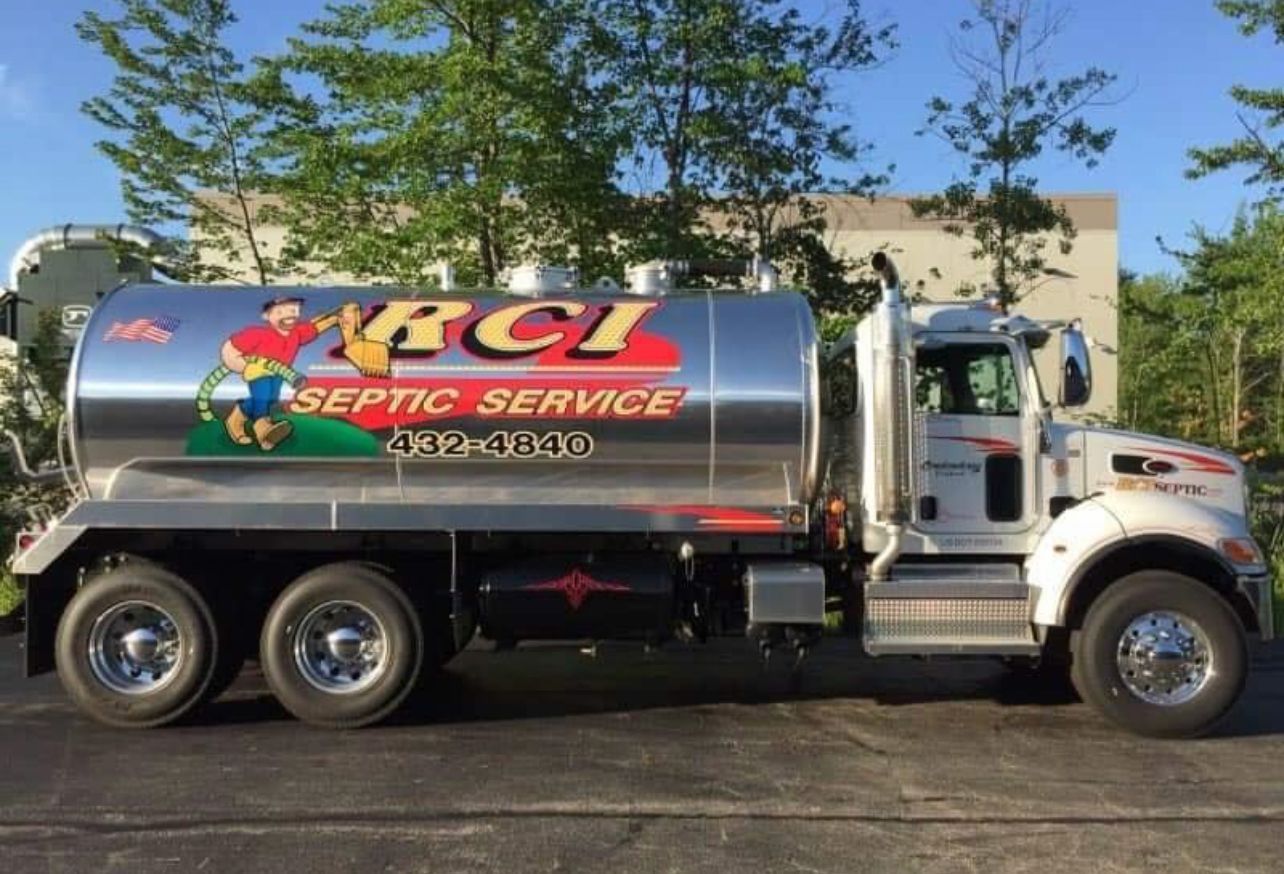
Septic Tank Maintenance Tips
To keep your system running smoothly, avoid using chemical drain openers for a clogged drain; instead, use a drain snake. Regularly check for leaky faucets and ensure all your sink faucets are fitted with faucet aerators to control water flow and protect your system.
Pump Your Tank
Pump your tank as needed to prevent sludge and scum from escaping into the drainfield, which can clog the drainfield and reduce its life span. Always keep track of pumping schedules and tank inspection dates to maintain optimal functionality. RCI will send you a reminder postcard when your system is due for pumping.
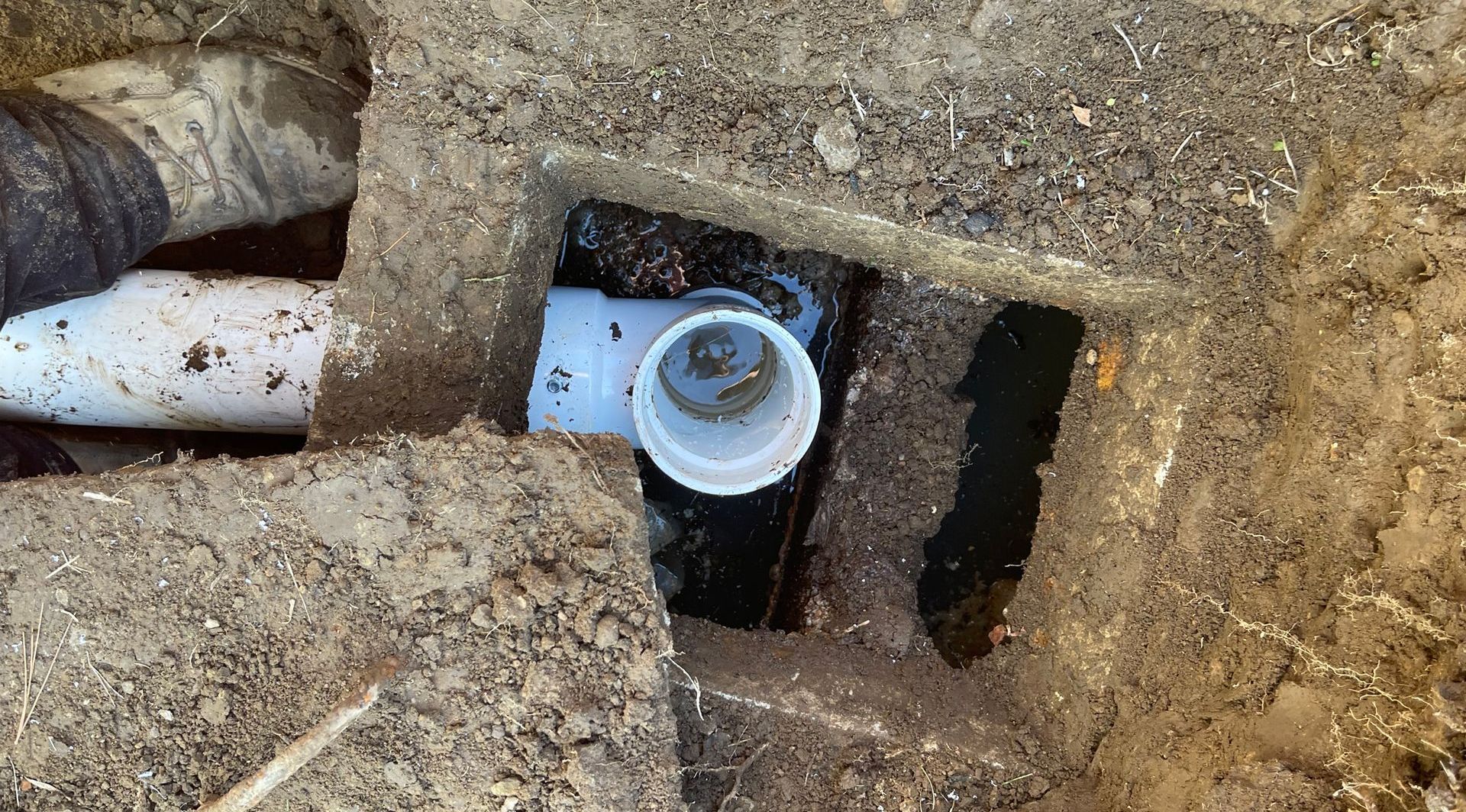
What Does a Visual Septic System Inspection Include?
A visual inspection includes evaluating the septic tank and drainfield, checking the baffles, noting the condition of the septage, noting if water is flowing back into your tank and cleaning the filter if the system has one. The importance of visual inspection is to ensure the system is functioning as it should. RCI always leaves you a completed service order noting all of the information above.
Septic Tank Visual Inspections
Septic tank visual inspections should include checking for cracks, leaks, and signs of back-up. The inspector will evaluate the levels of solids in the tank to determine whether it's time to pump the tank or not. Regular septic system maintenance is key to prolonging the life of your septic system.
Use Water Efficiently
Installing high-efficiency toilets and ensuring washing machines run only full loads are good practices. Efficient water use reduces the load on your septic system, allowing it to treat household waste more effectively without overwhelming the system.
Toilets Aren't Trash Cans: Be Careful What You Flush Down the Drain
Toilets aren’t trash cans! Emphasize this crucial rule by remembering that only human waste and toilet paper should be flushed down the drain. Avoid flushing feminine hygiene products, baby wipes, and even cigarette butts as they can severely damage your system, reinforcing the importance of not treating toilets as trash cans. This practice is essential to prevent blockages and other issues, ensuring the longevity and efficiency of your septic system.
Routine Septic System Maintenance Is Key
Consistent maintenance, such as avoiding pouring toxins like oil-based paints and solvents into drains and using trash cans for waste, is essential. Regular inspections and being cautious with what goes into your septic system can save you from future problems and high repair costs. Additionally, it's important to note that we do not recommend septic tank additives sold in stores as aren't necessary for maintaining a properly working septic system and do not reduce the need for routine inspections and pumping.
Here is what you need to know for a service provider
Choosing the right septic service professional involves checking their experience, licensing, and reviews. Ensure they are equipped to handle the specific needs of your septic system, from routine checks to full septic tank pumping.
Pump Regularly
Pump regularly to avoid solids buildup that can lead to system failure. Regularly scheduled septic system inspections and pumping will keep your system running efficiently.
How Much Does Septic Tank Pumping Cost?
The cost can vary widely based on your location, the size of your tank, and the complexity of your septic system. Generally, it ranges from $300 to $500 but can go higher if there are complications such as needing to locate the tank or deal with an overfull tank.
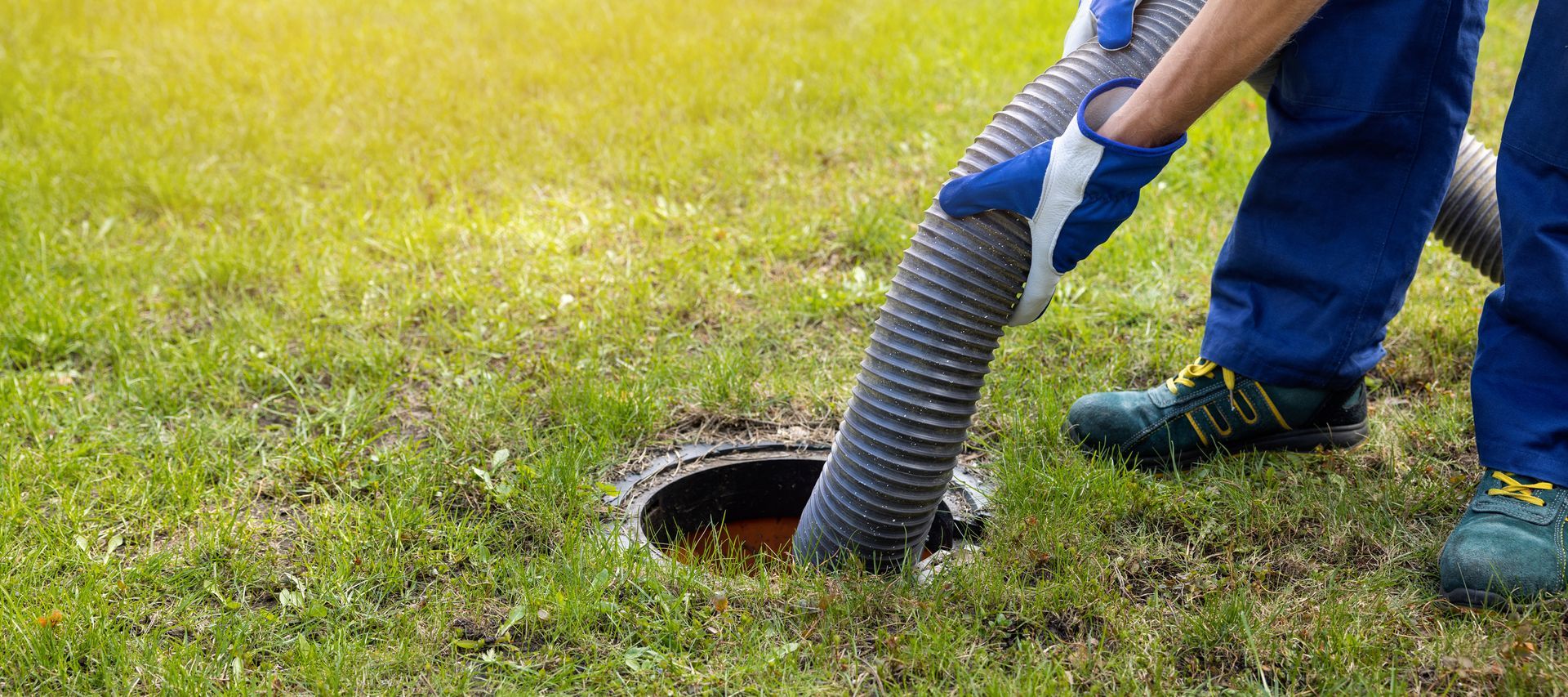
Frequent Questions on Caring for Septic Systems
What are the signs that your septic tank is full?
Well, there are a few telltale signs to watch out for. If you start noticing slower than usual drainage in your sinks and toilets, gurgling sounds when flushing or if there are unpleasant odors wafting around your house or yard, these could be clues that your septic tank is getting full. Also, look out for water pooling in the yard, especially near the drainfield—this isn't just a soggy lawn situation, it's a sign of overflow. And the most glaring of all is if you experience any sewer backup in your home—it's definitely time to call in the professionals.
How do I keep my septic tank healthy?
Keeping your septic system in tip-top shape involves a few key practices. First, be mindful about what you flush. Stick to human waste and toilet paper—this isn't the place for 'flushable' wipes or other household waste. Also, using water efficiently helps manage the load on your system, preventing overtaxing. Regular maintenance is crucial too; get your system inspected and pumped out by a pro every one to three years.
How often should you treat a septic tank?
Actually, if you're maintaining your septic system properly, adding treatments isnt necessary. The natural bacteria in the waste are typically enough to keep things breaking down as they should. We do not recommend additives for your septic system.
How do I know if my septic tank is healthy?
A healthy septic system is somewhat of a silent worker. No news is good news here. You shouldn't detect any bad smells, and everything should drain smoothly without backups or gurgles.
How often should you clean your septic field?
Cleaning your septic field isn't something that needs to be done. It's all about maintaining the septic tank itself and the system's overall health.
Is septic inspection required in New Hampshire?
No, in New Hampshire, if you're selling your home, state regulations do not require that your septic system be inspected. This may be a requirement of certain lenders. A septic inspection helps ensure that the new homeowners won’t face immediate septic troubles, and it keeps everyone informed about the state of the system.
How often do you need to clear a septic tank?
This varies depending on the size of your tank and the number of people in your household, but generally, it's good practice to have your septic tank emptied annually for households of 5 or more, every 2 years for households of 3-4 individuals, and every 3 years for households of 1-2 people. Regular clearing prevents sludge and scum from building up to levels that could cause system troubles.
Maintaining a septic system doesn't have to be a hassle—a bit of care and timely maintenance can keep things running smoothly for years.
Don't wait for septic issues to become a major headache. Contact RCI Septic Service today for professional inspections and maintenance. Our experts are ready to help you keep your septic system in top condition. Call us now at 603-432-4840 or fill out our online contact form to schedule an appointment!
